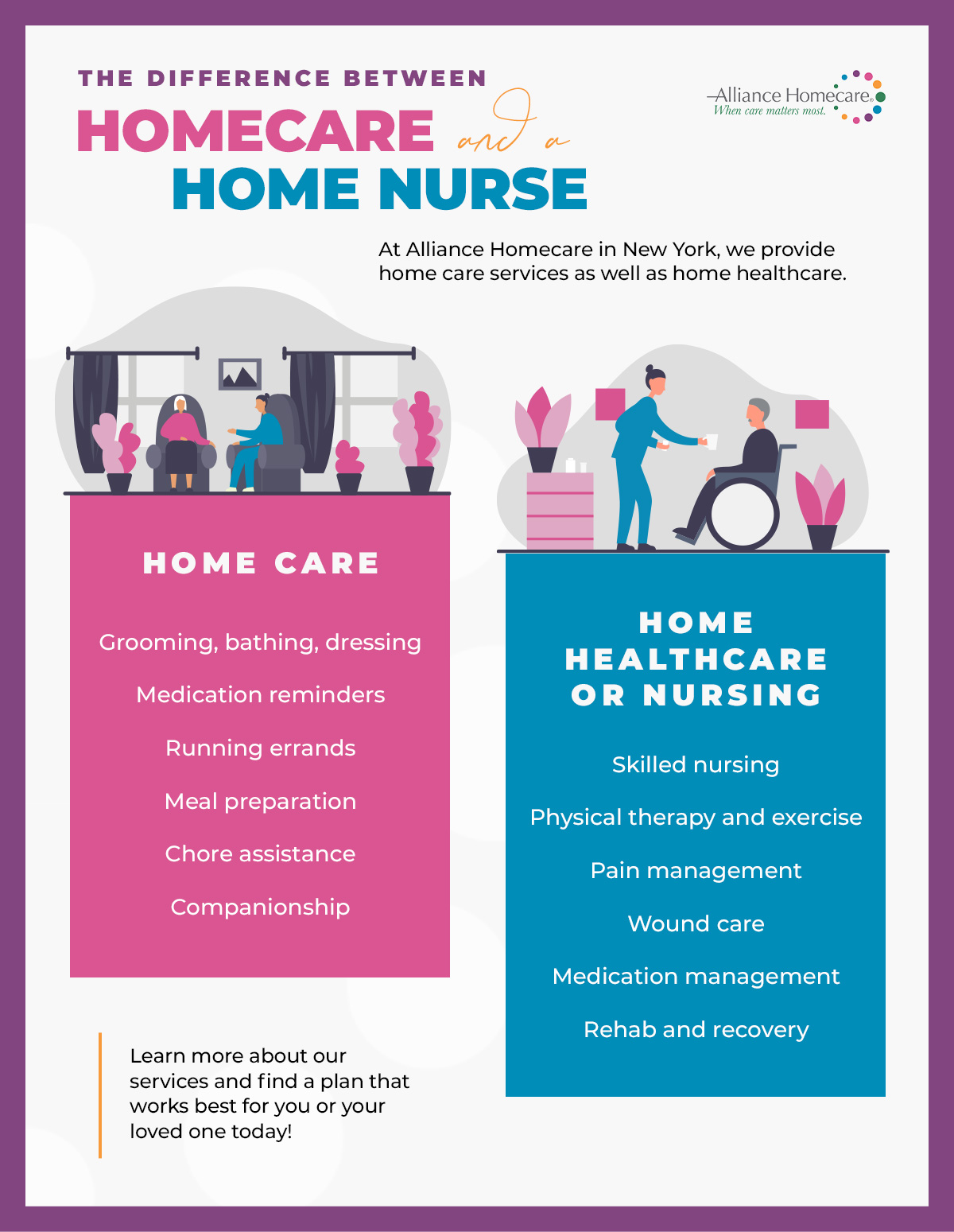Why it matters to choose a qualified support at home provider
Why it matters to choose a qualified support at home provider
Blog Article
Everything About Home Care Services for Individuals With Disabilities: NDIS Registered Assistance
Home care solutions under the NDIS play a pivotal function in supporting individuals with impairments. These solutions are developed to enhance daily living via tailored help, ranging from individual treatment to wheelchair support. Recognizing exactly how to browse these options can be complicated. This overview discovers the different aspects of NDIS home care, from offered services to the choice of carriers, highlighting essential factors to consider for those seeking assistance. The journey toward encouraged treatment begins below.
Recognizing the NDIS and Its Function
The National Disability Insurance Policy System (NDIS) acts as a transformative framework made to supply assistance and solutions for individuals with impairments. Developed to improve the top quality of life and assurance equitable accessibility to crucial resources, the NDIS equips participants by providing individualized plans tailored to their unique demands. It aims to promote independence, enabling people to pursue their personal goals and aspirations.Through a structured strategy, the NDIS designates funding for numerous assistances, including education and learning, employment assistance, and neighborhood involvement. This all-encompassing system not only concentrates on instant care but likewise emphasizes long-lasting developmental results. By promoting selection and control, the NDIS urges individuals to pick their favored company, ensuring that treatment aligns with their preferences and values. Inevitably, the NDIS stands for a considerable dedication to improving the lives of people with specials needs, fostering inclusivity, and constructing a much more supportive culture.
Types of Home Treatment Services Available
Numerous sorts of home treatment solutions cater to people with disabilities, largely concentrating on personal treatment help and reprieve treatment alternatives. Personal treatment help gives essential assistance with daily activities, while reprieve care uses short-lived relief for main caregivers. Understanding these solutions is vital for making certain the well-being of both individuals with impairments and their households.
Personal Treatment Help
While maneuvering every day life can offer obstacles for people with handicaps, personal care help provides crucial assistance customized to their unique needs. This kind of home care solution encompasses a variety of tasks designed to promote independence and improve lifestyle. Individual treatment assistants aid with day-to-day jobs such as bathing, clothing, brushing, and toileting, ensuring people maintain individual hygiene and convenience. They might also assist with meal preparation, drug monitoring, and wheelchair support. By offering personalized care, these specialists encourage people to engage even more fully in their everyday routines and social activities. On the whole, individual treatment support plays a significant role in cultivating dignity and autonomy for those with disabilities, permitting them to flourish in their home setting.

Respite Treatment Options
Reprieve treatment serves as an essential source for families and caretakers of people with impairments, providing temporary remedy for the needs of everyday caregiving. This sort of solution can take numerous types, including at home break care, where experienced experts visit the home to help with treatment tasks. Conversely, families may select facility-based reprieve care, where people obtain treatment in a customized setting, permitting caregivers to take a break. Additionally, some companies use emergency situation respite services for unforeseen scenarios. These options not only assist relieve caregiver stress and anxiety yet additionally promote the health of people with handicaps by supplying them new experiences and social communication. Overall, reprieve treatment plays an important role in supporting both caregivers and those they look after.

How to Access NDIS Home Care Providers
Accessing NDIS home care solutions involves recognizing the eligibility standards set forth by the National Special Needs Insurance Policy System. Individuals must navigate a structured application process to secure the required support tailored to their demands. This area will certainly make clear both the qualification demands and the steps associated with looking for services.
Qualification Requirements Explained
To get approved for NDIS home treatment solutions, people must fulfill certain eligibility standards that assess their requirements and situations. First, candidates should be aged in between 7 and 65 years and have a considerable and permanent handicap that impacts their ability to execute day-to-day activities. In addition, they must be an Australian person, a permanent homeowner, or hold a Protected Special Group Visa. The NDIS needs evidence of the disability, generally through medical evaluations or reports. Additionally, people ought to demonstrate that they need assistance to take part in financial and social life. These requirements ensure that solutions are directed in the direction of those who truly need support, promoting self-reliance and improved top quality of life for individuals with disabilities.
Application Refine Steps
Can I Choose My Very Own Assistance Employees Through NDIS?
The individual inquired whether they can select their own support workers under the NDIS framework. Normally, participants have the adaptability to select support employees, cultivating customized care that lines up with their details requirements and preferences.
What Occurs if My Needs Adjustment After Receiving Support?
They ought to interact these changes to their solution provider if a person's requirements adjustment after getting support. Changes can be made to the care strategy, making certain that the support remains relevant and efficient for their situations.

Are There Restricts on Exactly How Several Hours of Treatment I Can Receive?
The individual asked concerning potential limits on the number of care hours got. Generally, such limits might exist based on certain policies or click here to find out more funding arrangements, emphasizing the relevance of examining contracts and guidelines regularly.
Can I Use NDIS Financing for Home Alterations?
The inquiry of using funding for home modifications develops regularly. Normally, people might use NDIS funding for necessary alterations to their homes, ensuring accessibility and safety, contingent upon conference details qualification standards and standards.
Just how Do I Take care of Complaints Regarding My Home Treatment Services?
To deal with problems regarding home care solutions, individuals need to initially document their problems. After that, they visit this site right here can communicate directly with their provider, looking for resolution, or rise the problem to pertinent oversight bodies if necessary. Home treatment services under the NDIS play an essential function in sustaining individuals with disabilities. Numerous types of home treatment solutions cater to people with impairments, primarily focusing on individual care help and respite care options. home care providers. Individual care help offers important support with daily tasks, while break care provides temporary alleviation for key caregivers. Families may choose for facility-based break care, where individuals receive care in a customized setting, enabling caretakers to take a break. How can family members successfully take care of the economic aspects of home care solutions for people with impairments?
Report this page